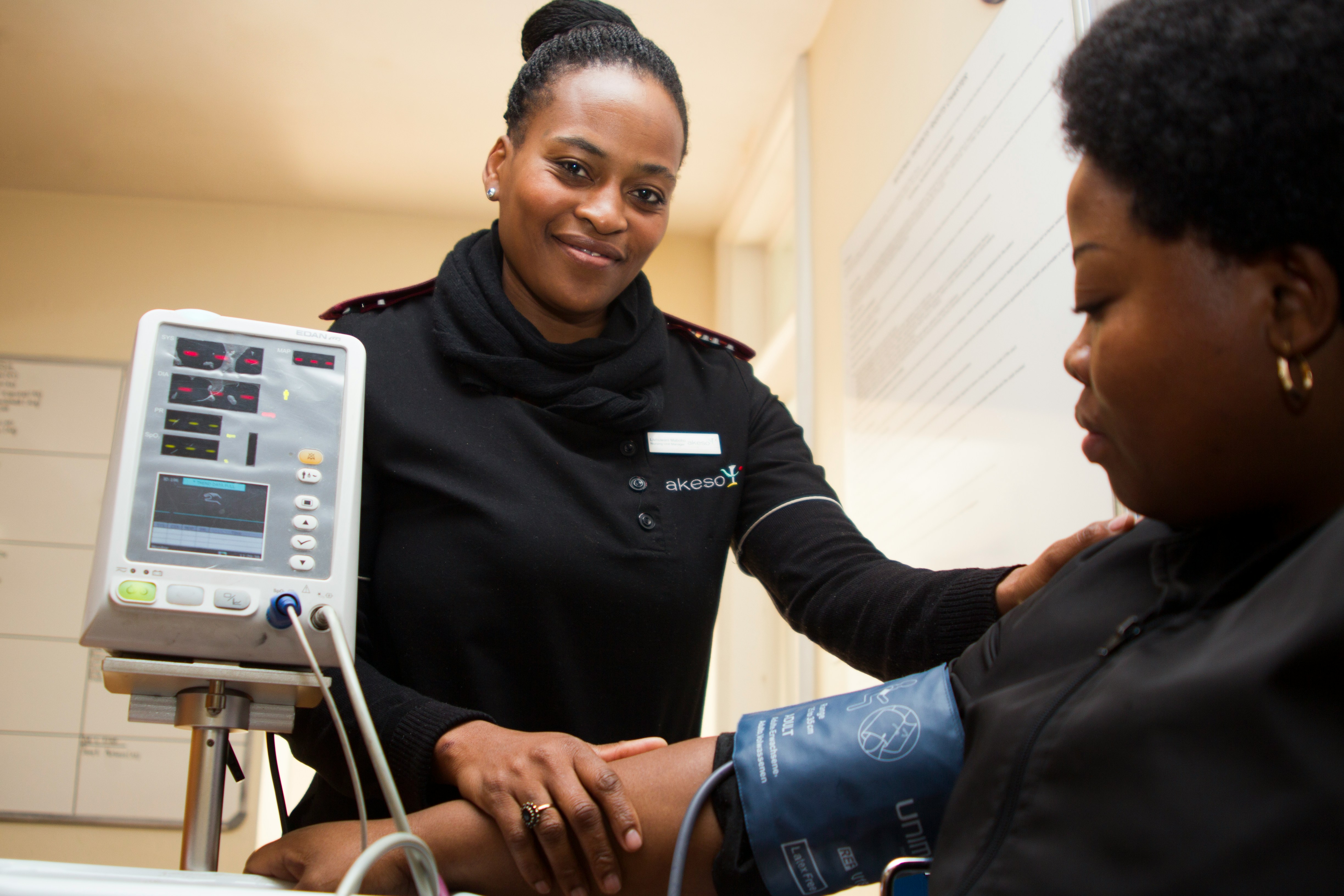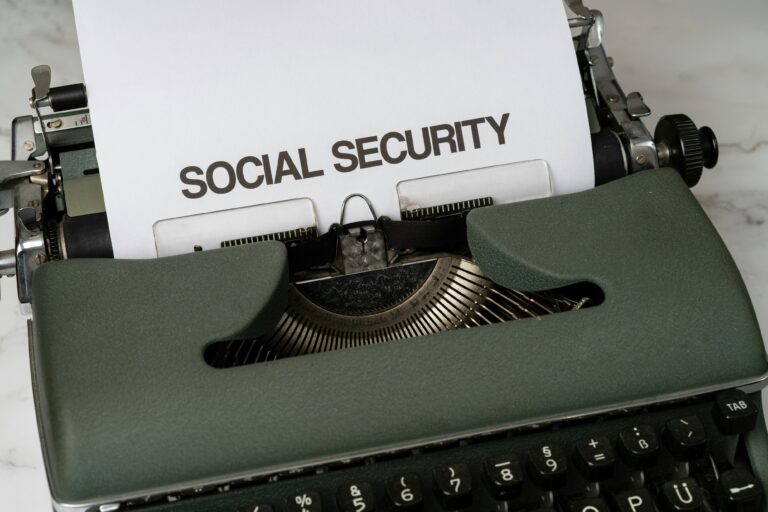Most medical professionals know about basic life support (BLS) and advanced cardiac life support (ACLS) certifications, but a PALS certification is just as critical despite being less commonly known. PALS stands for pediatric advanced life support and it focuses on providing essential care to infants and children who are suffering from critical illness or injury.
Cardiopulmonary emergencies require special training and quick thinking if you want to provide someone with the best possible chance of survival, so if you work in a supportive capacity with children, a PALS certification will better prepare you to be able to help in the event of a medical emergency. If you’re still on the fence, let’s go over three common reasons to obtain a PALS certification.
1. You can provide better care.

Even if your job doesn’t require a PALS certification, you can still benefit from the skills and information provided by a PALS course. PALS certification courses will cover the recognition and intervention required to prevent respiratory or cardiac arrest in pediatric patients, primary and secondary assessment skills, CPR, administration of medications and other therapies, and much more. Even if pediatric care isn’t your specialty, understanding these subjects and being able to provide emergency assistance in an unexpected situation will make you a better healthcare professional.
2. It helps you improve your job qualifications.

In the healthcare industry, hiring can be competitive. Obtaining additional certifications and skills that other applicants don’t will always make you stand out. This is especially true for EMS workers, nurses, and other non-physician healthcare positions. Certifications aren’t only for physicians or nurses though; Any field where you regularly engage with members of the public that contains risk of illness or injury could place you in a situation where life-saving care is necessary. Though it may not be necessary, it may give you an advantage and give you the tools you need to help someone when they need it most.
3. You’ll be better prepared for emergencies.

Working with children and infants can be incredibly stressful and nervewracking at the best of times, let alone when an emergency hits. If you have a job in healthcare or a job where the majority of your time is spent around younger children, obtaining a PALS certification provides you with the training you need to help in an emergency and the comfort of knowing that you’re prepared. Lifeguards, camp counselors, school employees, and even babysitters can easily find themselves in situations where PALS training can be helpful.
Once you have your PALS certification, keep in mind that it must be renewed and kept up to date. Luckily, PALS recertification is easier to keep up with than ever, and there are plenty of programs that are entirely online. For busy healthcare professionals, online learning fits comfortably into any schedule and allows you to learn at your own pace.
While PALS certifications might not be as prevalent in the industry as ACLS or BLS certifications, pediatric advanced life support is an important type of training for anyone who works with children and infants. Whether you’re an EMS professional, doctor, nurse, or just work with children in a professional capacity, knowing what to do and how to react in an emergency situation is an incredible and invaluable skill.
Not only does a PALS certification improve your resume and your qualifications so you can advance within your field, but it also provides peace of mind and helps you understand what you can do to potentially save a life. If you work in the medical field or are responsible for young children, there’s no reason not to research if obtaining PALS certification is right for you.




